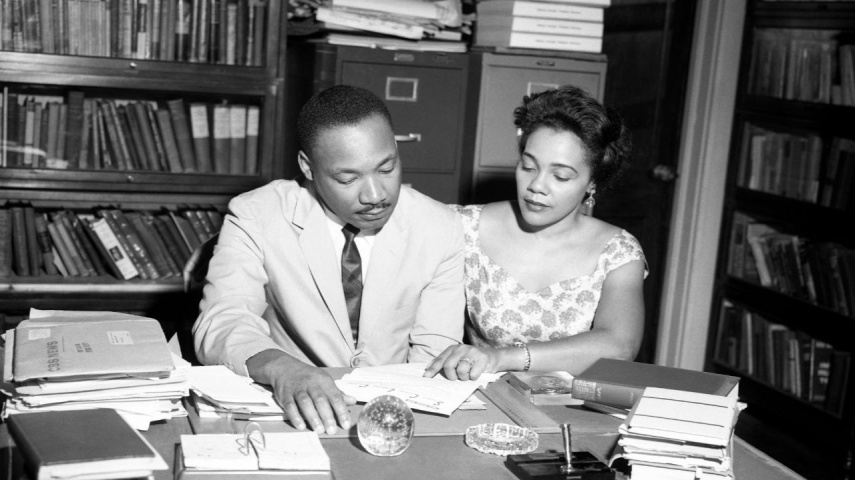What Is Black History Month? Origins, Significance & More To Know
Explore the origins of Black History Month, rooted in Carter G. Woodson's vision. February honors African American achievements, a legacy worth celebrating.

-
Pioneering African American studies, Woodson initiated Negro History Week in 1926
-
From local observances to national endorsement in 1976, February solidified as Black History Month
Every February, we hear the proclamation: February is Black History Month. But why February? The credit goes to Carter G. Woodson, a renowned American historian who blazed a trail in the early 20th century by pioneering the field of African American studies.
The genesis: Carter G. Woodson and Negro history week
In 1915, Woodson attended a three-week celebration marking the 50th anniversary of emancipation, sparking his commitment to explore the neglected Black past. This led to the formation of the Association for the Study of Negro Life and History (ASNLH) in 1915.
Woodson, along with four others, aimed to encourage scholars to delve into African American history. In 1924, inspired by Woodson, Omega Psi Phi, his college fraternity, initiated Negro History and Literature Week. The culmination occurred in 1926 when Woodson and ASNLH declared February as Negro History Week.

February: A month of significance
Why February? Well, it's not random. February is the birth month of two influential figures in the Black past: U.S. President Abraham Lincoln (born February 12), who issued the Emancipation Proclamation, and Frederick Douglass (born February 14), an African American abolitionist, author, and orator.
Woodson's vision was to honor these figures and broaden the celebration to encompass the overall history and achievements of Black people.
Evolution of Black History Month
By the 1940s, some communities extended February to Negro History Month. The 1960s witnessed the transformation of Negro History Week into Black History Month, fueled by the civil rights movement and rising Black consciousness.
In 1976, the Association for the Study of African American Life and History, founded by Woodson, solidified February as Black History Month. U.S. President Gerald Ford encouraged nationwide observance, a tradition continued by subsequent presidents.
Black History Month is not just a calendar entry; it's a tribute to African American heritage, initiated by Carter G. Woodson's dedication to filling historical gaps and recognizing the profound impact of Black individuals on the nation's progress.
ALSO READ: When is Love is Blind season 6 premiering? Release date and streaming details explored





 JOIN OUR WHATSAPP CHANNEL
JOIN OUR WHATSAPP CHANNEL


































































































